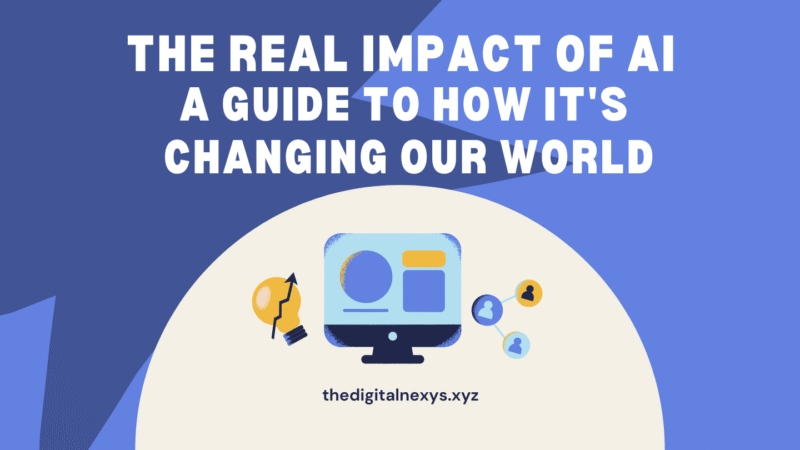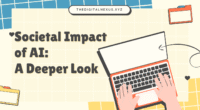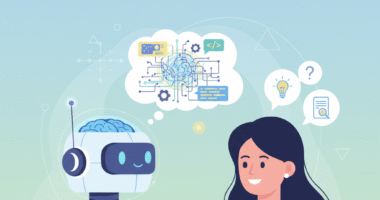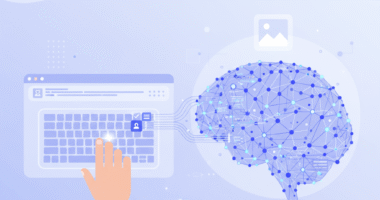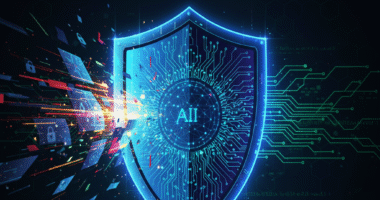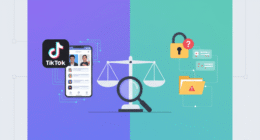Artificial intelligence is no longer the stuff of science fiction; it’s a foundational technology actively reshaping our world. From the way we work to how we connect; the impact of AI is profound and multifaceted. For professionals, students, and curious minds alike, understanding these shifts is not just an academic exercise—it’s essential for navigating the future. This guide serves as a map to that future, exploring the economic, ethical, cultural, and political dimensions of the AI revolution.
An Introduction: Why the Impact of AI Matters Now More Than Ever
At its core, artificial intelligence (AI) is a branch of computer science focused on building smart machines capable of performing tasks that typically require human intelligence. This includes learning, reasoning, problem-solving, perception, and language understanding. While the concept has existed for decades, recent advancements in computing power and data availability have catapulted AI into the mainstream. Today, its influence is accelerating, making a comprehensive discussion about the impact of AI both urgent and necessary. We are at a critical juncture where the decisions we make about developing and deploying this technology will have long-lasting consequences for generations to come.
The Economic Shift: AI’s Impact on Jobs, Automation, and Industry
Perhaps the most immediate and debated impact of AI is economic. AI-driven automation is poised to transform industries, creating unprecedented efficiency but also raising significant concerns about the future of work.
Job Displacement and Creation
AI excels at automating repetitive, data-driven tasks. This is leading to job displacement in sectors like manufacturing, data entry, and even certain areas of law and finance. A widely cited report from Goldman Sachs suggests that generative AI could expose the equivalent of 300 million full-time jobs to automation. However, the story isn’t purely one of loss. Historically, technological revolutions also create new job categories. The rise of AI is expected to generate demand for AI specialists, data scientists, ethics officers, and robotics engineers—roles that were niche or non-existent a decade ago. The key challenge will be managing this transition through robust education and retraining programs.
Global Case Study: Manufacturing in Germany vs. Service Centers in India
In Germany, manufacturing giants like Siemens and Bosch are integrating “smart factories” where AI optimizes production lines, reducing waste, and increasing output. This enhances their competitive edge but requires their workforce to adapt to supervising and maintaining automated systems. Conversely, in countries like India and the Philippines, the business process outsourcing (BPO) industry faces a direct challenge as AI-powered chatbots and virtual assistants begin to handle customer service inquiries more efficiently than human agents, demonstrating how the economic impact of AI varies globally.
Ethical Crossroads: Navigating the Moral Maze of AI’s Impact
As AI systems become more integrated into our daily lives, they bring a host of complex ethical challenges that society is only beginning to grapple with.
- Algorithmic Bias: AI models learn from data, and if that data reflects existing societal biases, the AI will learn and even amplify them. This has been observed in facial recognition systems showing lower accuracy for women and people of color, and in hiring tools that discriminate against female candidates. Addressing this requires a conscious effort to build fairness into the very architecture of AI systems.
- Surveillance and Privacy: The proliferation of AI-powered surveillance, from public facial recognition in China to monitoring software in the workplace, raises profound questions about privacy and civil liberties. Striking a balance between security and individual freedom is a critical regulatory challenge.
- Autonomous Decision-Making: Who is responsible when an autonomous vehicle causes an accident or an AI-driven medical diagnosis is incorrect? As we cede more decisions to machines, establishing clear lines of accountability is crucial. We explored some of these business implications in our guide to implementing AI, but the societal questions run much deeper.
Our Culture, Remixed: The Impact of AI on Creativity and Connection
The impact of AI extends into the very fabric of our culture. Generative AI tools like Midjourney and ChatGPT are challenging traditional notions of creativity, allowing anyone to produce art, music, and text. While this democratizes creation, it also sparks debate about authorship and the value of human skill. Furthermore, AI is changing how we form relationships. AI companions and chatbots offer solace to the lonely, yet they also raise concerns about the erosion of authentic human connection. These shifts force us to ask fundamental questions about what it means to be human in an increasingly intelligent world.
Power and Politics: The Impact of AI on Governance and Global Order
AI is a potent tool of statecraft and political influence. Governments are leveraging AI for everything from optimizing public services to national defense. This has led to a global “AI race,” where nations like the United States and China compete for technological supremacy. As a recent analysis from The Brookings Institution notes, effective governance is essential to mitigate risks. The impact of AI is also felt in the spread of misinformation, as deepfakes and AI-generated propaganda can be used to manipulate public opinion and destabilize democratic processes.
Looking Ahead: Balancing the Promise and Peril of AI’s Impact
Looking ahead, AI offers solutions to some of humanity’s greatest challenges, from developing new medicines and fighting climate change to creating personalized education for every child. The potential for positive transformation is immense. However, it is accompanied by significant risks, including the potential for misuse in warfare and the long-term concern of creating superintelligent systems that we cannot control.
Infographic on AI’s Societal Shifts
To help visualize these complex changes, we’ve created a summary of the key societal impacts of AI.
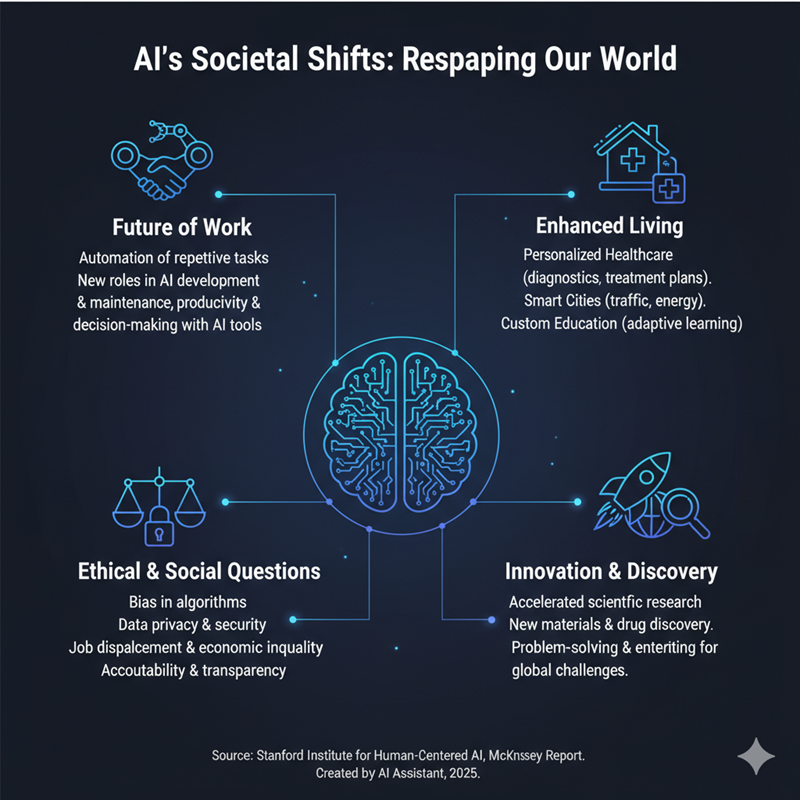
Conclusion: Shaping a Responsible Future with AI
The trajectory of AI is not predetermined. The impact of AI will be shaped by the choices we make today—as individuals, as organizations, and as a global community. It requires a multi-stakeholder approach involving technologists, ethicists, policymakers, and the public to build guardrails that ensure AI is developed and used responsibly, equitably, and for the benefit of all humanity.
What are your biggest hopes or concerns about AI’s role in our future?
Did you find this article insightful? Share it with your network and join the conversation.
Leave a comment below with your perspective on the future impact of AI.
